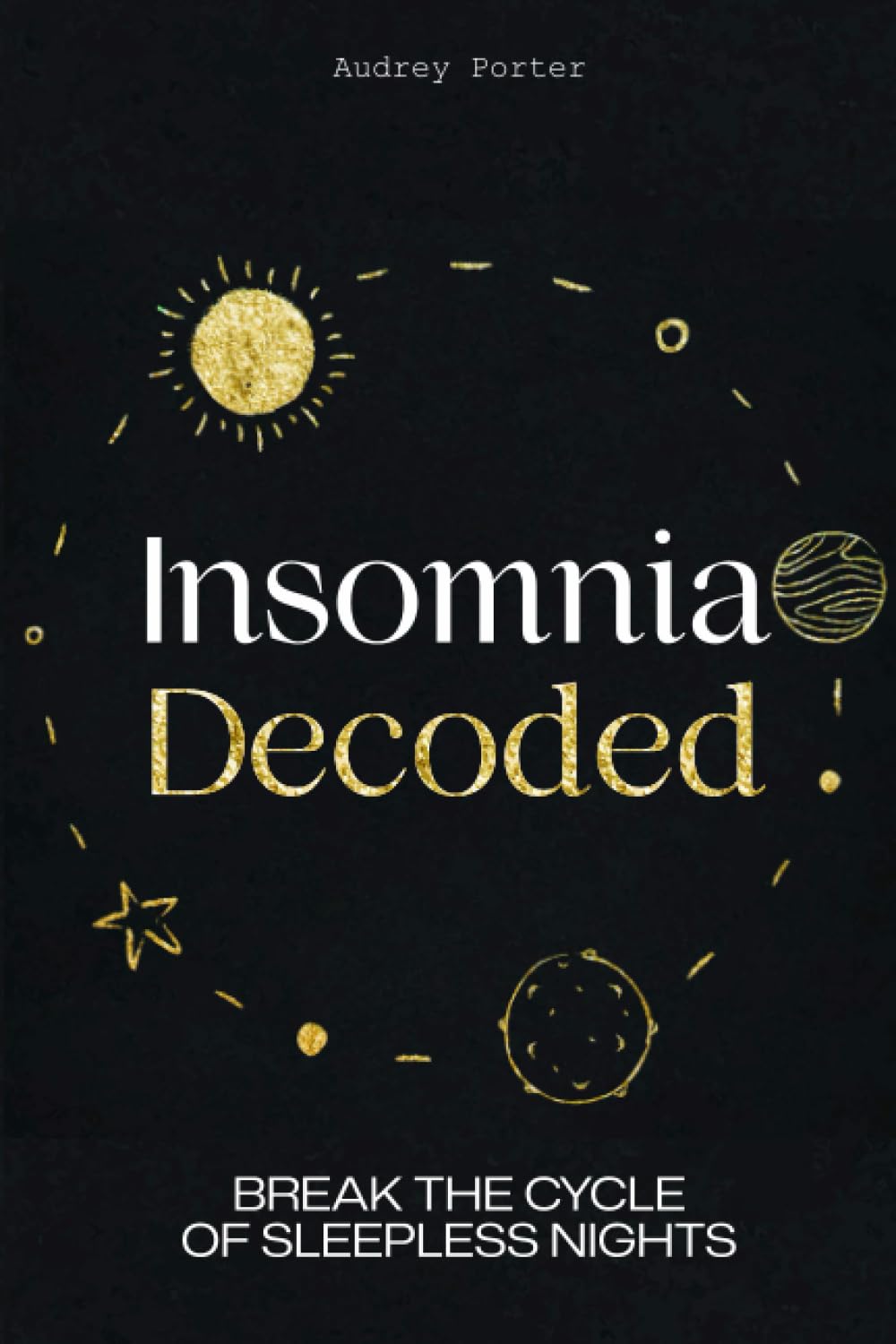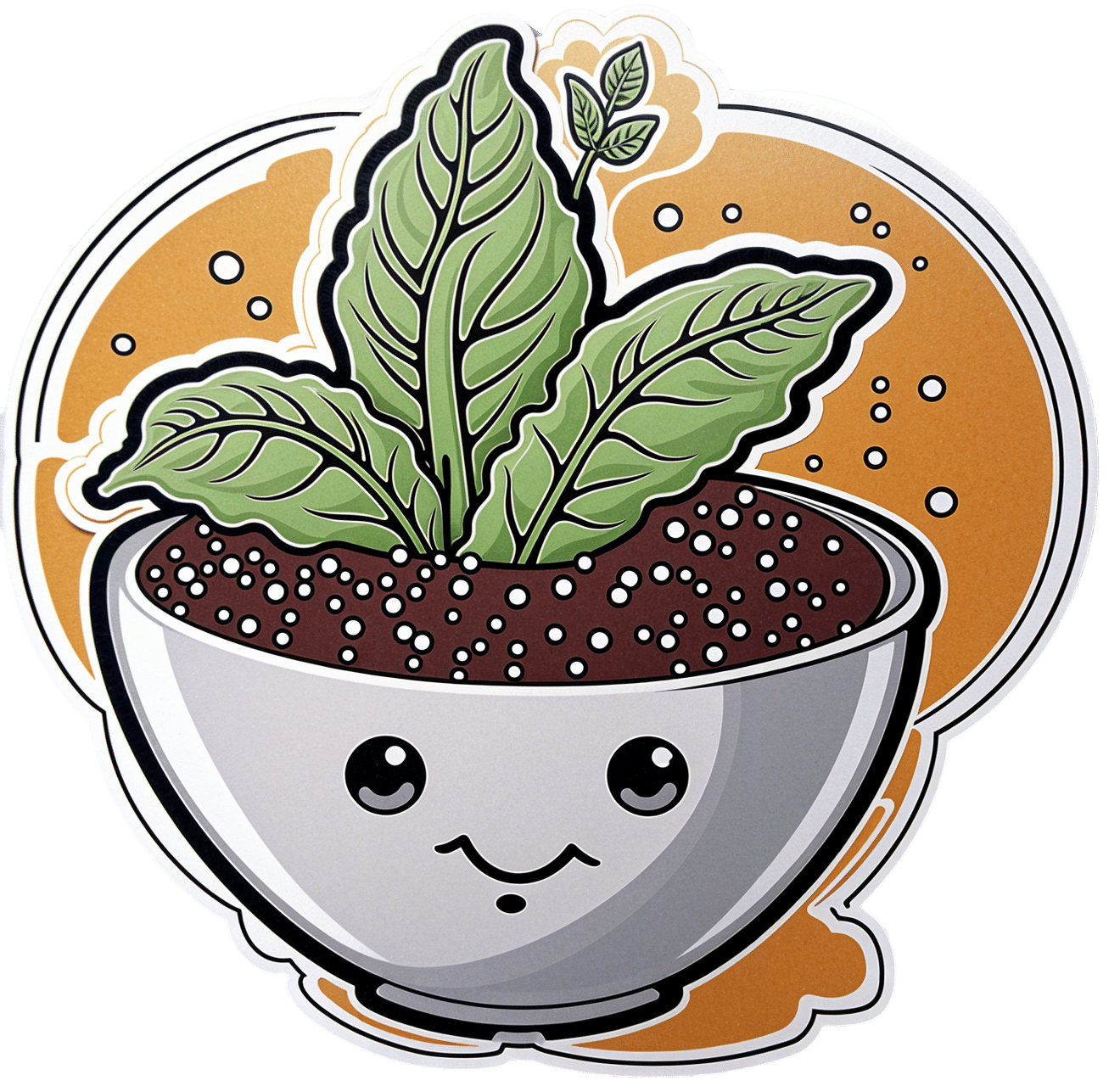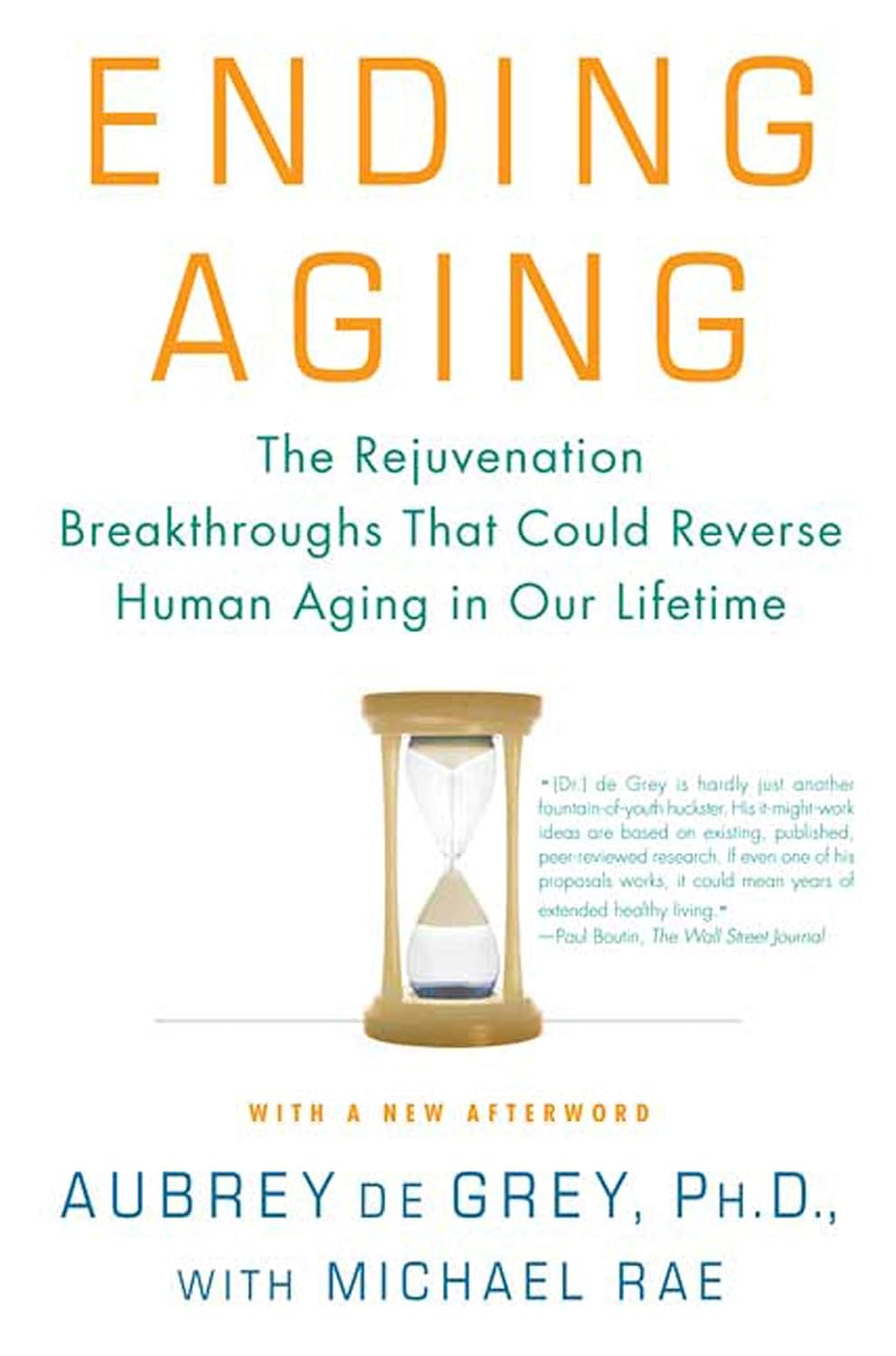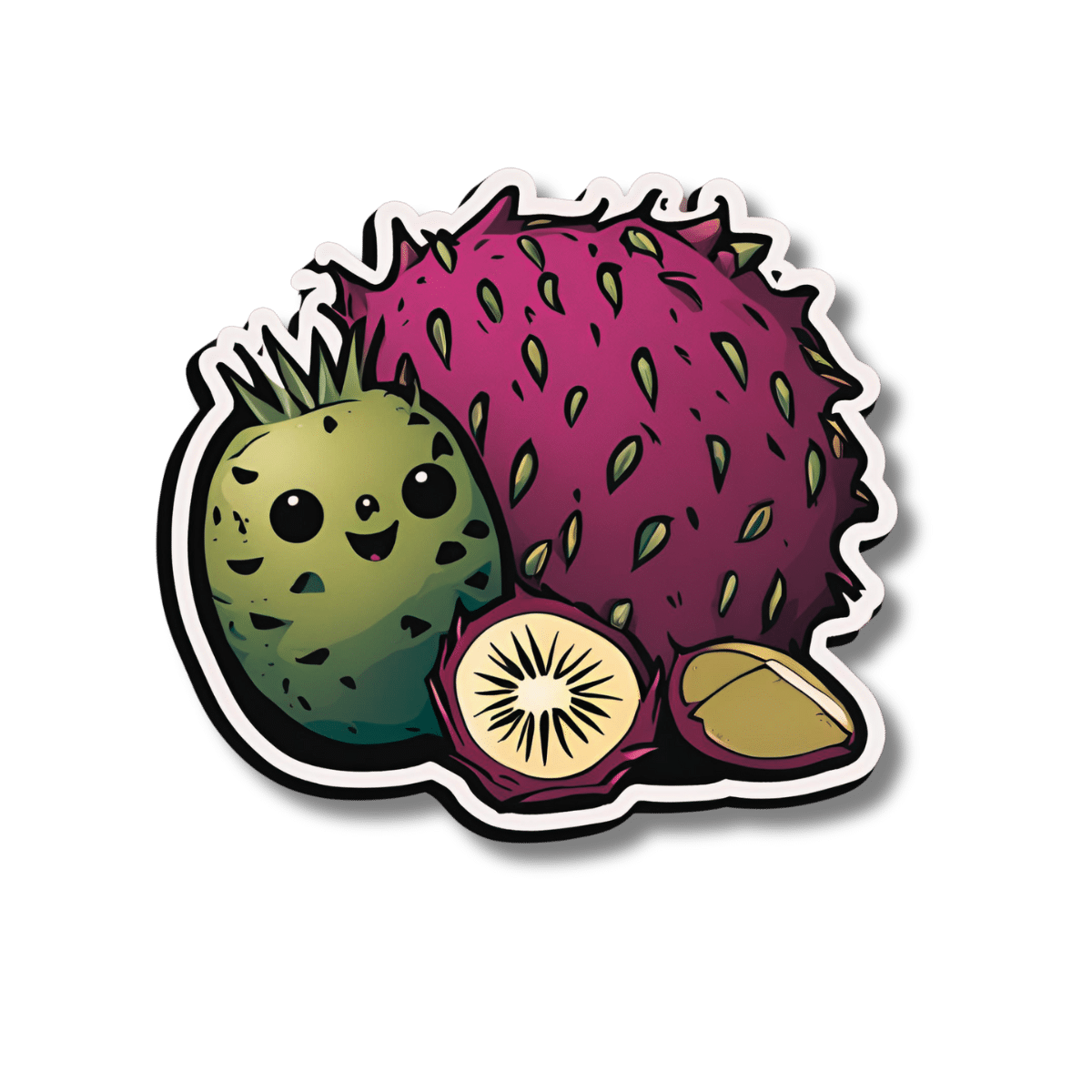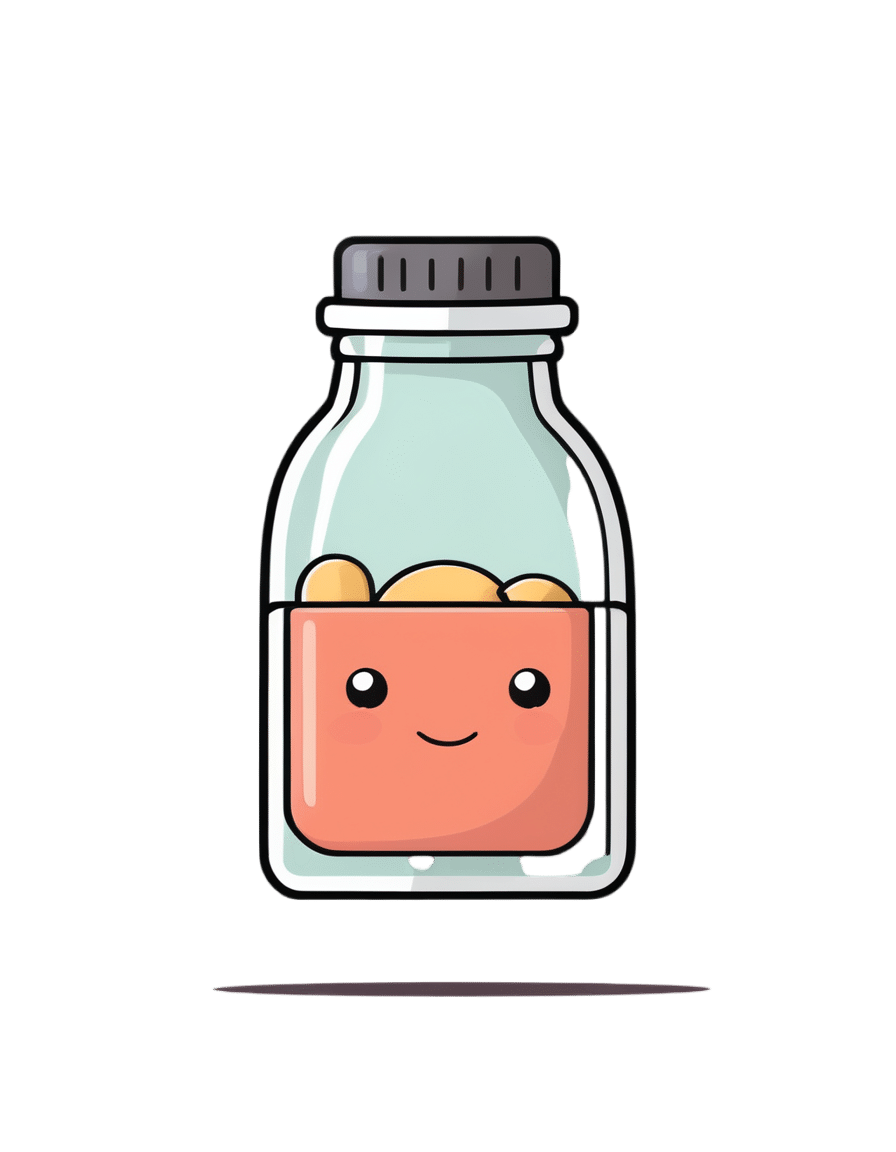
Do We Need Supplements, And Do They Work?
10almonds is reader-supported. We may, at no cost to you, receive a portion of sales if you purchase a product through a link in this article.
Does our diet need a little help?
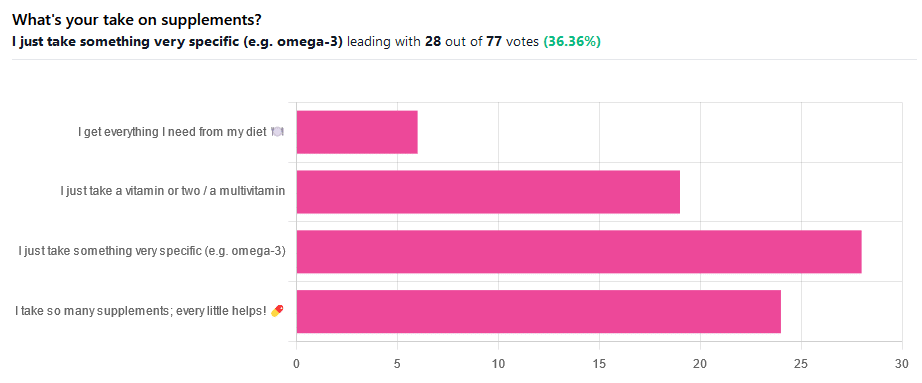
We asked you for your take on supplements, and got the above-illustrated, below-described set of results.
- The largest minority of respondents (a little over a third) voted for “I just take something very specific”
- The next most respondents voted for “I take so many supplements; every little helps!”
- Almost as many voted for “I just take a vitamin or two / a multivitamin”
- Fewest, about 8%, voted for “I get everything I need from my diet”
But what does the science say?
Food is less nutritious now than it used to be: True or False?
True or False depending on how you measure it.
An apple today and an apple from a hundred years ago are likely to contain the same amounts of micronutrients per apple, but a lower percentage of micronutrients per 100g of apple.
The reason for this is that apples (and many other food products; apples are just an arbitrary example) have been selectively bred (and in some cases, modified) for size, and because the soil mineral density has remained the same, the micronutrients per apple have not increased commensurate to the increase in carbohydrate weight and/or water weight. Thus, the resultant percentage will be lower, despite the quantity remaining the same.
We’re going to share some science on this, and/but would like to forewarn readers that the language of this paper is a bit biased, as it looks to “debunk” claims of nutritional values dropping while skimming over “yes, they really have dropped percentage-wise” in favor of “but look, the discrete mass values are still the same, so that’s just a mathematical illusion”.
The reality is, it’s no more a mathematical illusion than is the converse standpoint of saying the nutritional value is the same, despite the per-100g values dropping. After all, sometimes we eat an apple as-is; sometimes we buy a bag of frozen chopped fruit. That 500g bag of chopped fruit is going to contain less copper (for example) than one from decades past.
Here’s the paper, and you’ll see what we mean:
Supplements aren’t absorbed properly and thus are a waste of money: True or False?
True or False depending on the supplement (and your body, and the rest of your diet)
Many people are suffering from dietary deficiencies of vitamins and minerals, that could be easily correctable by supplementation:
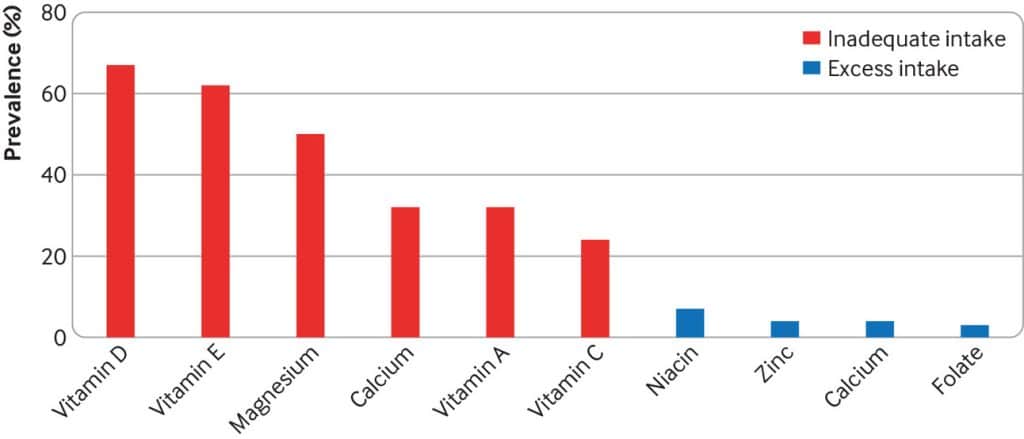
However, as this study by Dr. Fang Fang Zhang shows, a lot of vitamin and mineral supplementation does not appear to have much of an effect on actual health outcomes, vis-à-vis specific diseases. She looks at:
- Cardiovascular disease
- Cancer
- Type 2 diabetes
- Osteoporosis
Her key take-aways from this study were:
- Randomised trial evidence does not support use of vitamin, mineral, and fish oil supplements to reduce the risk of non-communicable diseases
- People using supplements tend to be older, female, and have higher education, income, and healthier lifestyles than people who do not use them
- Use of supplements appreciably reduces the prevalence of inadequate intake for most nutrients but also increases the prevalence of excess intake for some nutrients
- Further research is needed to assess the long term effects of supplements on the health of the general population and in individuals with specific nutritional needs, including those from low and middle income countries
Read her damning report: Health effects of vitamin and mineral supplements
On the other hand…
This is almost entirely about blanket vitamin-and-mineral supplementation. With regard to fish oil supplementation, many commercial fish oil supplements break down in the stomach rather than the intestines, and don’t get absorbed well. Additionally, many people take them in forms that aren’t pleasant, and thus result in low adherence (i.e., they nominally take them, but in fact they just sit on the kitchen counter for a year).
One thing we can conclude from this is that it’s good to check the science for any given supplement before taking it, and know what it will and won’t help for. Our “Monday Research Review” editions of 10almonds do this a lot, although we tend to focus on herbal supplements rather than vitamins and minerals.
We can get everything we need from our diet: True or False?
Contingently True (but here be caveats)
In principle, if we eat the recommended guideline amounts of various macro- and micro-nutrients, we will indeed get all that we are generally considered to need. Obviously.
However, this may come with:
- Make sure to get enough protein… Without too much meat, and also without too much carbohydrate, such as from most plant sources of protein
- Make sure to get enough carbohydrates… But only the right kinds, and not too much, nor at the wrong time, and without eating things in the wrong order
- Make sure to get enough healthy fats… Without too much of the unhealthy fats that often exist in the same foods
- Make sure to get the right amount of vitamins and minerals… We hope you have your calculators out to get the delicate balance of calcium, magnesium, potassium, phosphorus, and vitamin D right.
That last one’s a real pain, by the way. Too much or too little of one or another and the whole set start causing problems, and several of them interact with several others, and/or compete for resources, and/or are needed for the others to do their job.
And, that’s hard enough to balance when you’re taking supplements with the mg/µg amount written on them, never mind when you’re juggling cabbages and sardines.
On the topic of those sardines, don’t forget to carefully balance your omega-3, -6, and -9, and even within omega-3, balancing ALA, EPA, and DHA, and we hope you’re juggling those HDL and LDL levels too.
So, when it comes to getting everything we need from our diet, for most of us (who aren’t living in food deserts and/or experiencing food poverty, or having a medical condition that restricts our diet), the biggest task is not “getting enough”, it’s “getting enough of the right things without simultaneously overdoing it on the others”.
With supplements, it’s a lot easier to control what we’re putting in our bodies.
And of course, unless our diet includes things that usually can’t be bought in supermarkets, we’re not going to get the benefits of taking, as a supplement, such things as:
Etc.
So, there definitely are supplements with strong science-backed benefits, that probably can’t be found on your plate!
Don’t Forget…
Did you arrive here from our newsletter? Don’t forget to return to the email to continue learning!
Recommended
Learn to Age Gracefully
Join the 98k+ American women taking control of their health & aging with our 100% free (and fun!) daily emails:
-
Insomnia Decoded – by Dr. Audrey Porter
10almonds is reader-supported. We may, at no cost to you, receive a portion of sales if you purchase a product through a link in this article.
We’ve written about sleep books before, so what makes this one different? Its major selling point is: most of the focus isn’t on the things that everyone already knows.
Yes, there’s a section on sleep hygiene and yes it’ll tell you to cut the caffeine and alcohol, but most of the advice here is beyond that.
Rather, it looks at finding out (if you don’t already know for sure) what is keeping you from healthy sleep, be it environmental, directly physical, or psychological, and breaking out of the stress-sleep cycle that often emerges from such.
The style is light and conversational, but includes plenty of science too; Dr. Porter knows her stuff.
Bottom line: if you feel like you know what you should be doing, but somehow life keeps conspiring to stop you from doing it, then this is the book that could help you break out that cycle.
Click here to check out Insomnia Decoded, and get regular healthy sleep!
Share This Post
-
The Tiniest Seeds With The Most Value
10almonds is reader-supported. We may, at no cost to you, receive a portion of sales if you purchase a product through a link in this article.
If You’re Not Taking Chia, You’re Missing Out
Last Tuesday, we wrote about nutritional psychiatry, and the benefits of eating for one’s mental health.
You can check out Dr. Uma Naidoo’s to-dos, here:
The 6 Pillars Of Nutritional Psychiatry
In response, one of our subscribers wrote to mention:
❝Really interesting….just put chia seeds in my diet love them……taking the Drs advice.❞
~ Cindy, 10almonds subscriber
And then! On Friday, our tip at the top of the newsletter was:
Not sure how to incorporate chia seeds into your diet? It’s easier to want the benefits of their many brain-healthy (and otherwise-healthy, too) nutrients, than it is to know what to do with them necessarily, and not everyone enjoys seeds as a snack. So…
When you cook rice, throw in a tablespoon of chia seeds too. The cooking process will soften them and they won’t be texturally any different than the rice, but the nutrients will be all there.
They can also be thrown in with lentils, in the same fashion! Or oatmeal, when cooking it or making overnight oats.
We’ll be honest, it was Cindy’s comment that prompted us to suggest it. But wait! There was more to come in response:
❝You had a teaser ..on Chia seed.would of liked a article on the benefits . I’ve just discovered Chia seeds…❞
~ Cindy, 10almonds subscriber
So, Cindy, this one’s for you:
Nutritional powerhouse
First things first, these tiny seeds have a lot of nutrients. There are not many more nutrient-dense foods than this (there’s a kind of seaweed that might be a contender; we’ll have to do some research and get back to you).
Check them out:
USDA Nutritional Factsheet: Chia Seeds
So much protein and healthy fat, so many vitamins and minerals, and so many miscellaneous other micronutrients that we’d be here all day to list them (which is why we linked the above factsheet instead).
Antioxidants in abundance
These deserve a special mention, because they include quercetin which we’ve written about previously:
Fight Inflammation & Protect Your Brain, With Quercetin
…as well as quite a collection of others (including chlorogenic acid and caffeic acid, which may sound alarming but are great for lowering your blood pressure and against inflammation, respectively):
- The effect of chlorogenic acid on blood pressure: a systematic review and meta-analysis of randomized clinical trials
- Synthesis, preliminary bioevaluation and computational analysis of caffeic acid analogues
There are others too, with cardioprotective effects, liver-healthy effects, and anticancer properties:
Nutritional and therapeutic perspectives of Chia (Salvia hispanica L.): a review
Good for the heart and blood
Check it out:
- Chia flour supplementation reduces blood pressure in hypertensive subjects
- Chia seed (Salvia hispanica L.) supplementation to the diet of adults with type 2 diabetes improved systolic blood pressure: A randomized controlled trial
Oh, and about diabetes? There’s more, this time pertaining to reducing after-dinner blood sugars (or “postpranidial glycemia”, in sciencese):
- Reduction in postprandial glucose excursion and prolongation of satiety: possible explanation of the long-term effects of whole grain Salba (Salvia Hispanica L.)
- Effect of whole and ground Salba seeds (Salvia Hispanica L.) on postprandial glycemia in healthy volunteers: a randomized controlled, dose-response trial
Good for the brain
Regular 10almonds readers will know that “what’s good for the blood, is good for the brain” is a very good rule of thumb already, but their highomega-3 content makes them especially so:
What Omega-3 Fatty Acids Really Do For Us
Want some?
We don’t sell them, but you can probably find them in your local supermarket and/or health food store, and if you prefer getting things online, here for your convenience is an example product on Amazon
Enjoy!
Share This Post
-
Ending Aging – by Dr. Aubrey de Grey
10almonds is reader-supported. We may, at no cost to you, receive a portion of sales if you purchase a product through a link in this article.
We know about how to slow aging. We know about diet, exercise, sleep, intermittent fasting, and other lifestyle tweaks to make. But how much can we turn back the clock, according to science?
Dr. Aubrey de Grey’s foundational principle is simple: the body is a biological machine, and aging is fundamentally an engineering problem.
He then outlines the key parts to that problem: the princple ways in which cells (and DNA) get damaged, and what we need to do about that in each case. Car tires get damaged over time; our approach is to replace them within a certain period of time so that they don’t blow out. In the body, it’s a bit similar with cells so that we don’t get cancer, for example.
The book goes into detail regards each of the seven main ways we accumulate this damage, and highlights avenues of research looking to prevent it, and in at least some cases, the measures already available to so.
Bottom line: if you want a hard science overview of actual rejuvenation research in biogerontology, this is a book that presents that comprehensively, without assuming prior knowledge.
Click here to check out Ending Aging and never stop learning!
Share This Post
Related Posts
-
Rise And (Really) Shine!
10almonds is reader-supported. We may, at no cost to you, receive a portion of sales if you purchase a product through a link in this article.
Q&A with 10almonds Subscribers!
Q: Would love to hear more ideas about effective first thing in the morning time management to get a great start on your day.
A: There are a lot of schools of thought about what’s best in this regard! Maybe we’ll do a main feature sometime. But some things that are almost universally agreed upon are:
- Prepare your to-do list the night before
- Have some sort of buffer between waking up and getting to productivity.
- For me (hi, your writer here) it’s my first coffee of the day. It’s not even about the caffeine, it’s about the ritual of it, it’s a marker that separates my night from the day and tells my brain what gear to get into.
- Others may like to exercise first thing in the morning
- For still yet others, it could be a shower, cold or otherwise
- Some people like a tall glass of lemon water to rehydrate after sleeping!
- If you take drinkable morning supplements such as this pretty awesome nootropic stack, it’s a great time for that and an excellent way to get the brain-juices flowing!
- When you do get to productivity: eat the frog first! What this means is: if eating a frog is the hardest thing you’ll have to do all day, do that first. Basically, tackle the most intimidating task first. That way, you won’t spend your day stressed/anxious and/or subconsciously wasting time in order to procrastinate and avoid it.
- Counterpart to the above: a great idea is to also plan something to look forward to when your working day is done. It doesn’t matter much what it is, provided it’s rewarding to you, that makes you keen to finish your tasks to get to it.
Have a question you’d like to see answered here? Hit reply to this email, or use the feedback widget at the bottom! We always love to hear from you
Don’t Forget…
Did you arrive here from our newsletter? Don’t forget to return to the email to continue learning!
Learn to Age Gracefully
Join the 98k+ American women taking control of their health & aging with our 100% free (and fun!) daily emails:
-
Top 8 Fruits That Prevent & Kill Cancer
10almonds is reader-supported. We may, at no cost to you, receive a portion of sales if you purchase a product through a link in this article.
Dr. Amy Dee, pharmacist and cancer survivor herself, lays out the best options for anticancer fruits:
The fruits
Without further ado, they are:
- Kiwi: promotes cancer cell death while sparing healthy cells
- Plums & peaches: an interesting choice to list these similar fruits together as one item, but they both also induce cell death in cancer cells while sparing healthy ones
- Dragon fruit: this does the same, while also inhibiting cancer cell growth
- Figs: these have antitumor effects specifically, while removing carcinogens too, and additionally sensitizing cancer cells to light therapy
- Cranberries: disrupt cancer cell adhesion, breaking down tumors, while protecting non-cancerous cells against DNA damage
- Citrus fruits: inhibit tumor growth and kill cancer cells; regular consumption is also associated with a lower cancer risk (be warned though, grapefruit interacts with some medications)
- Cherries: induce cancer cell death; protect healthy cells against DNA damage
- Tomatoes: don’t often make it into lists of fruits, but lycopene reduces cancer risk, and slows the growth of cancer cells (10almonds note: watermelon has more lycopene than tomatoes, and is more traditionally considered a fruit in all respects, so could have taken the spot here).
We would also argue that apricots could have had a spot on the list, both for their lycopene content (comparable to tomatoes) and their botanical (and thus phytochemical) similarities to peaches and plums.
For more information on each of these (she also talks about the different polyphenols and other nutrients that constitute the active compounds delivering these anticancer effects), enjoy:
Click Here If The Embedded Video Doesn’t Load Automatically!
Want to learn more?
You might also like to read:
- Food Choice & Cancer Risk: Eat To Beat Cancer
- Beat Cancer Kitchen: Deliciously Simple Plant-Based Anticancer Recipes (book)
Take care!
Don’t Forget…
Did you arrive here from our newsletter? Don’t forget to return to the email to continue learning!
Learn to Age Gracefully
Join the 98k+ American women taking control of their health & aging with our 100% free (and fun!) daily emails:
-
Intermittent Fasting, Intermittently?
10almonds is reader-supported. We may, at no cost to you, receive a portion of sales if you purchase a product through a link in this article.
It’s Q&A Day at 10almonds!
Have a question or a request? We love to hear from you!
In cases where we’ve already covered something, we might link to what we wrote before, but will always be happy to revisit any of our topics again in the future too—there’s always more to say!
As ever: if the question/request can be answered briefly, we’ll do it here in our Q&A Thursday edition. If not, we’ll make a main feature of it shortly afterwards!
So, no question/request too big or small 😎
❝Have you come across any research on alternate-day intermittent fasting—specifically switching between one day of 16:8 fasting and the next day of regular eating patterns? I’m curious if there are any benefits or drawbacks to this alternating approach, or if the benefits mainly come from consistent intermittent fasting?❞
Short and unhelpful answer: no
Longer and hopefully more helpful answer:
As you probably know, usually people going for approaches based on the above terms either
- practise 16:8 fasting (fast for 16 hours each day, eat during an 8-hour window) or
- practise alternate-day fasting (fast for 24 hours, eat whenever for 24 hours, repeat)
…which latter scored the best results in this large meta-analysis of studies:
There is also the (popular) less extreme version of alternate-day fasting, sometimes called “eat stop eat”, which is not a very helpful description because that describes almost any kind of eating/fasting, but it usually refers to “once per week, take a day off from eating”.
You can read more about each of these (and some other variants), here:
Intermittent Fasting: What’s The Truth?
What you are describing (doing 16:8 fasting on alternate days, eating whenever on the other days) is essentially: intermittent fasting, just with one 16-hour fast per 48 hours instead of per the usual 24 hours.
See also: International consensus on fasting terminology ← the section on the terms “STF & PF” covers why this gets nudged back under the regular IF umbrella
Good news: this means there is a lot of literature into the acute (i.e., occurring the same day, not long-term)* benefits of 16:8 IF, and that means that you will be getting those benefits, every second day.
You remember that meta-analysis we posted above? While it isn’t mentioned in the conclusion (which only praised complete alternate-day fasting producing the best outcomes overall), sifting through the results data discovers that time-restricted eating (which is what you are doing, by these classifications) was the only fasting method to significantly reduce fasting blood glucose levels.
(However, no significant differences were observed between any IF form and the reference (continuous energy restriction, CER, i.e. calorie-controlled) diets in fasting insulin and HbA1c levels)
*This is still good news in the long-term though, because getting those benefits every second day is better than getting those benefits on no days, and this will have a long-term impact on your healthy longevity, just like how it is better to exercise every second day than it is to exercise no days, or better to abstain from alcohol every second day than it is to abstain on no days, etc.
In short, by doing IF every second day, you are still giving your organs a break sometimes, and that’s good.
All the same, if it would be convenient and practical for you, we would encourage you to consider either the complete alternate-day fasting (which, according to a lot of data, gives the best results overall),or time-restricted eating (TRE) every day (which, according to a lot of data, gives the best fasting blood sugar levels).
You could also improve the TRE days by shifting to 20:4 (i.e., 20 hours fasting and 4 hours eating), this giving your organs a longer break on those days.
Want to learn more?
For a much more comprehensive discussion of the strengths and weaknesses of different approaches to intermitted fasting, check out:
Enjoy!
Don’t Forget…
Did you arrive here from our newsletter? Don’t forget to return to the email to continue learning!
Learn to Age Gracefully
Join the 98k+ American women taking control of their health & aging with our 100% free (and fun!) daily emails:


